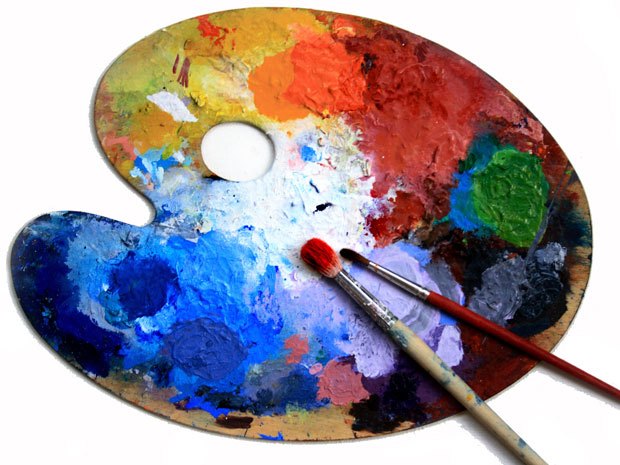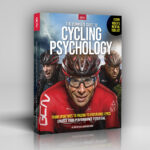The tough question that every athlete asks is: How do I perform my best when it matters most. Especially for young athletes who are still developing, it is essential for you to continue your technical and tactical development because without it. At the same time, on game day, I believe that too much thinking about technique and tactics this time of the season can actually prevent you from performing your best. In fact, in some parts of your practice and definitely on game day, I suggest that you let go of your focus on technique and tactics and zero in on just performing the best you can.
Here’s a distinction I make that will help you better understand where I’m coming from: Be a scientist in practice and an artist in competitions.
Scientist
There’s a place for being a scientist in your athletic life. What I mean by scientist is that there are times when you need to be logical, rational, analytical, organized, and methodical in your pursuit of your sport goals. You need to focus on every detail where you make sure that every “t” is crossed and every “i” is dotted. As a scientist, this attention to detail helps you get the most out of your training efforts and make the most technical and tactical gains in your sport. Being a scientist also enables you to feel more prepared, confident, comfortable, and in control as you head into competitions. Being the scientist is usually best when you are practicing as well as planning, organizing, and preparing for a competition. Scientists always have their bases covered because they know that if they miss any detail, it can ruin their efforts at a positive outcome.
In some ways, being a scientist is very safe and comfortable. You’re always in control, there is less risk and less vulnerability, and success and failure is clearly defined and objective. At the same time, a downside to being a scientist is that, by having total control, you will have less ability to let it go and truly put yourself out there in a competition. Additionally, scientists are less likely to take risks (I have a feeling I’m going to get some blowback from the scientists who read this post) and, as a result and as I noted in my last article, Risk it for the Biscuit, there are going to be usually fewer rewards.
“Don’t think. Thinking is the enemy of creativity. It’s self-conscious, and anything self-conscious is lousy. You can’t try to do things. You simply must do things.” Ray Bradbury, science fiction author
Artist
Just as painters use their palette of paints and sculptors use their clay, you are using the competitive arena to express yourself as an athlete by painting a picture of exceptional performance in your competitions. To do so, you set aside the cerebral, rational, and analytical scientist in you and tap into the the part of you that is the artist: spontaneous, emotional, and inspired. Painters don’t think about and decide where to place every paint stroke and dancers don’t think about every step they take. Instead, artists see a vision in their mind’s eye and express that vision in their particular medium. For athletes, rather than thinking your way through a competition as the scientist in you might (which often ensures a poor performance), as an artist, you give up conscious control of your performances. In doing so, you trust your unconscious and deeply ingrained capabilities that allow your mind and body to do what you’ve trained them to do.
You should start by incorporating your being an artist into your practices; just like with technique and tactics, you don’t want to introduce something new and untried on game day. You begin to get in touch with your “artistic” side in practice by, instead of focusing on technique and tactics all of the time, you devote a portion of your practice time to just going for it. You turn your scientific mind off and allow your spirit and emotions to drive you to great performances.
When you arrive at a competition, that is the time to set aside your being a scientist and shift to being an artist. The emphasis as an artist on game day is to connect your unconscious mind with your physical experience of your sport (you perform in your body, not your mind) and generate emotional feelings (e.g., excitement, pride, inspiration) that will propel you to performing your best.
Performing as an artist can be pretty uncomfortable the first few times you try tapping into that side of your sport. It may not feel quite “right” because it is new and different. Also, when you give up the conscious control that the scientist brings to your sports performances, you make yourself vulnerable because you are taking a risk. Yet, in that willingness to let go of that control, you give yourself the opportunity to free yourself from doubt, worry, and fear and open yourself up to giving it your all with confidence, courage, and reckless abandon. And, in doing so, you bring all of your talents and efforts to the fore, enabling you to perform your best and, hopefully (because there are no guarantees in sport), accomplish the sport goals you’ve set for yourself.
This article is excerpted and revised from my latest mental training book, Train Your Mind for Athletic Success: Mental Preparation to Achieve Your Sports Goals.







